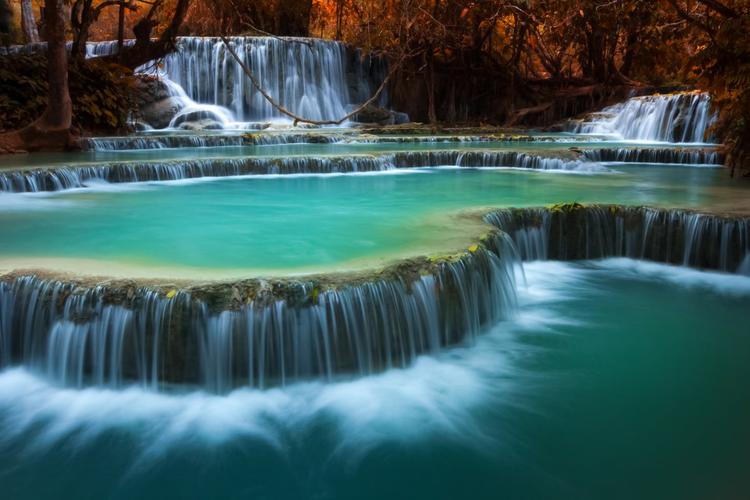of the topic.
Heritage and Climate Change: Challenges and Opportunities
Climate change has become one of the most significant global challenges of our time, and it poses a particular threat to our heritage. Heritage sites, including cultural and natural landscapes, historic buildings, and archaeological sites, are already feeling the impacts of climate change.
From melting glaciers to rising sea levels, climate change is causing severe damage to many heritage sites, and it poses a particular risk to those in fragile and vulnerable areas. These impacts not only cause physical damage, but they also impact the cultural and social significance of these sites.
As stewards of heritage, we have a responsibility to respond to these challenges and take action to protect our cultural and natural resources. One of the key opportunities in responding to these challenges is to identify ways to adapt and mitigate the impacts of climate change on heritage.
Adaptation measures can include changes in building design and construction, the use of new technologies, and the implementation of management strategies that address climate change impacts. Mitigation measures can include reducing carbon emissions and other practices that attempt to limit the extent of climate change.
However, while adaptation and mitigation are essential, addressing the root causes of climate change is essential to ensure the continued preservation and protection of our cultural and natural heritage.
There are also opportunities to leverage the power of heritage to raise awareness about climate change and to drive action at the local and global levels. Heritage sites provide tangible evidence of the impacts of climate change, and they can serve as powerful symbols of the need for urgent action.
In addition to raising awareness, heritage can also play an important role in building resilience in communities. By engaging local communities in the care and management of heritage sites, we can empower them to take an active role in protecting their cultural and natural resources.
Finally, heritage can also provide valuable lessons and insights into how past societies have adapted to changing environmental conditions. By studying these adaptations, we can identify best practices and strategies to inform our responses to climate change today.
In conclusion, heritage is an essential part of our cultural and natural resources, and climate change poses significant challenges to its preservation and protection. However, there are also significant opportunities to use heritage to raise awareness, build resilience, and inform our responses to climate change. It is up to us as stewards of heritage to take action and ensure that our cultural and natural resources are protected for generations to come.
(Note: Do you have knowledge or insights to share? Unlock new opportunities and expand your reach by joining our authors team. Click Registration to join us and share your expertise with our readers.)
Speech tips:
Please note that any statements involving politics will not be approved.
